

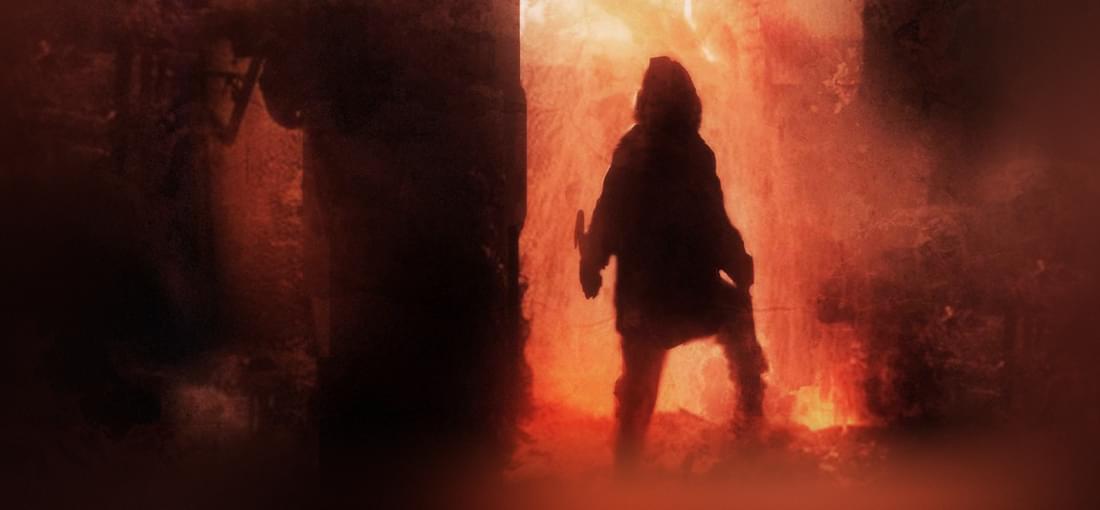
There's not much to say other than these are some incredibly creepy games. I went in not expecting much but ended up surprised at how scared I was at times. The game is basically a horror version of Half Life 2 physics. The one downside I have to mention is the first game's (Overture) "combat". It's the one entry where they wanted you to confront the enemies and you end up just clumsily swinging a pipe at zombie dogs all game. Thankfully the other games are designed around running away from more diverse enemies.
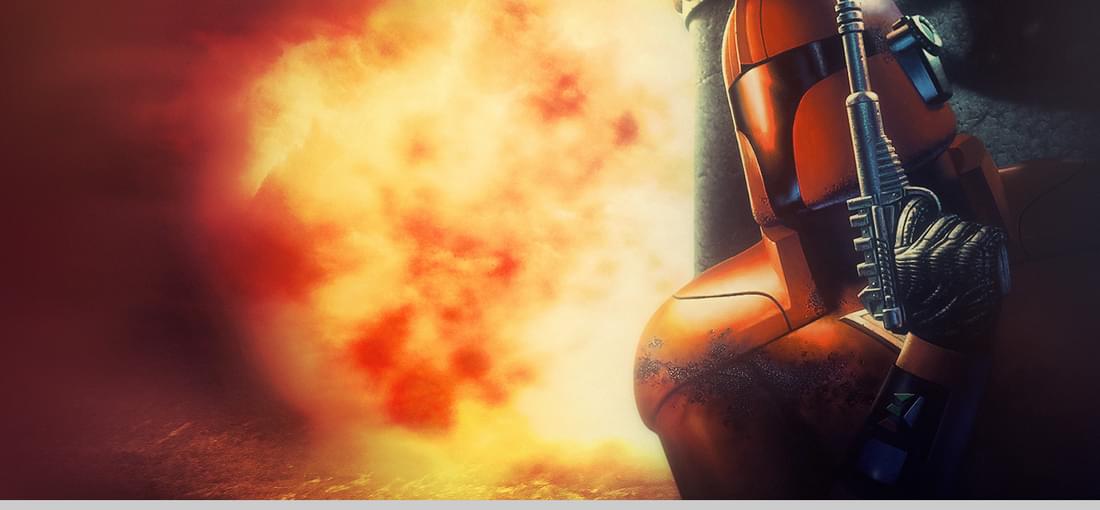
It's 90% the same game except for new levels and a couple new death effects. Why the lower rating? It just felt...more constrained. The biggest thing was you no longer had a choice of purchasing any weapon you wanted. You were stuck with using whatever you picked up. As it happened, you get the machinegun and missile launcher but it took forever to find my favorites: the shotgun and bomblette launcher. The game was so much more boring to me with the weapons and I found yet I never had the choice of buying different ones like the original. Everything else: the level design and missions just seemed worse. Worse layout, worse pacing. Hard to describe but definitely not as fun as No Remorse.
While most hold up Civilization up as the best of turn based strategy, my heart always went out to the Imperialism games. Rather than fiddle with dozens of individual territories and army stacks moving one tile at a time, Imperialism focused everything on your capital (more territories just add resources to it) and giant territories to simplify army movement while keeping the fun worker tile improvement aspect. I would highly recommend buying both the original and sequel, as each one is moderately different and satisfying in its own area. For the sequel, they improved on a number of things. You no longer have to worry about internal transport capacity for resources or the silly rules of placing depots (it was absurd how depots couldn't be placed next to each other and you often got cut off from your own resources); just built a road and an improvement and you're good to go. Diplomacy is also largely improved. Gone are AI players who declare permanent war and never accept peace until they're dead. The computer will cut its losses now in pointless conflicts. The new world aspect also provides a buffer against the computer gang piling on the weakest player (this was easy to exploit in the original, just make sure you weren't in last place and you were always safe). Invading other major powers might not even happen since victory goes to the first to reach a certain number of old world territories, minor nations included. There are some snags though that the original handled better. The whole look and theme is depressingly bland compared to the first game. Gone are the tongue in cheek newspaper headlines and any sense of humor (notices are barebones text). Gone is your bustling and visually interesting capital city screen, replaced by boring bar sliders. Gone is the feel of cutthroat capitalism. Trade is now a minor aspect and for the most part you must be self reliant. Turtling with forts is kind of crazy. For a cheap price and zero upkeep, forts come with their own heavy artillery that instantly regenerates between each battle. Not only that, but the size limit on attacking armies is much reduced. It's a good thing you can conquer minor nations for a victory, because unless you're an entire tech generation ahead you'll never take well defended forts. Gone is the industrial revolution. To me, starting in Napoleonic times and working up to WWI was more interesting than starting at the 16th century and working up to Napoleonic times. Then there's workers. You must harvest resources found only in the new world (sugar, tobacco, fur (huh?)) in order to "feed" your advanced workers. Do yourself a big favor and choose the "simplified worker resources" option because otherwise certain workers will only accept certain resources: apprentices will only consume refined sugar, journeymen will only consume cigars, and masters will only accept fur hats as payment. If you get cut off during wars you'll run into silly situations where workers are "starving" if you don't have enough hats but plenty of cigars. No thanks. In the end, definitely check out both games. The original scratches my itch for jolly jingoism and cutthroat stock market. The sequel is nice for the breathing room it allows with resource gathering and better diplomacy. Maybe some day Imperialism 3 will come along and merge the two into strategy perfection and rapture us to the promised land.
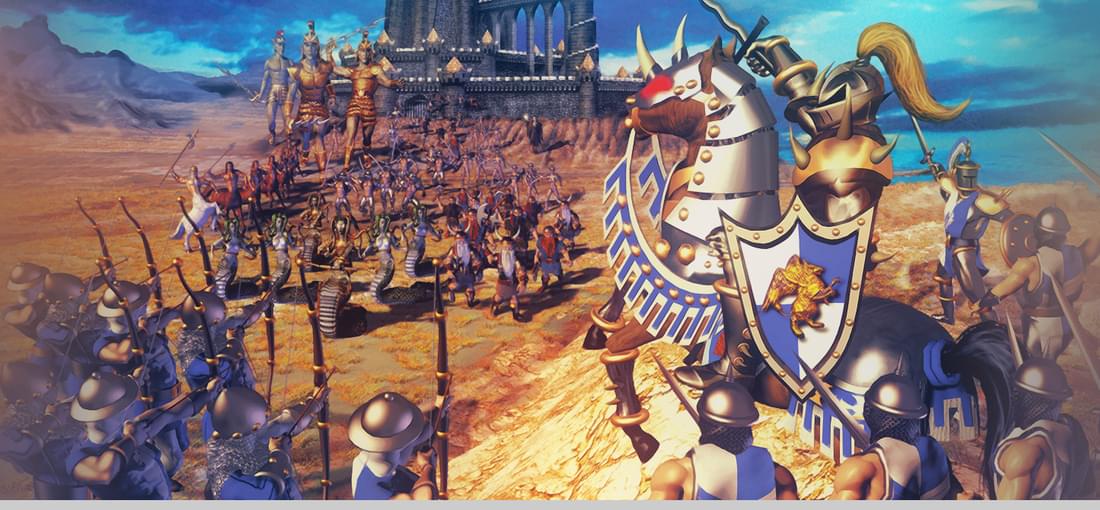
I've played every single entry in the HoMM series, and this one is definitely the best. More polished and refined than the first two, not the experimental disaster of 4, not the godawful horrible story of 5 or its game breaking bugs, and not the overly complicated convoluted interface with terribly designed campaign scenario scripting social media front end of 6. If you're a fan of casual turn based strategy games AT ALL, definitely check this out.

As in, I would play this game if it was a job that I showed up for, sat down to play, and got paid for. I would hate myself and my life, but I would be getting paid and making a living. Occasionally I would glance over at the guys in accounting, jealous that they got to crunch numbers that made a real world difference.
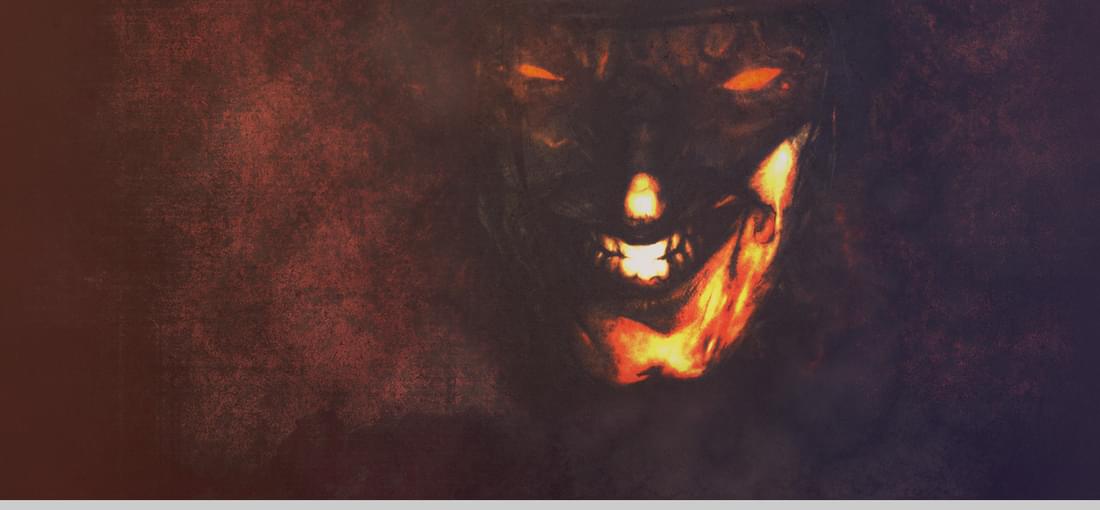
What is with all the 5 star reviews here? I honestly can't think of a worse sequel in the entire history of video games. Star Control 3? Merely mediocre. Dragon Age 2? Didn't explode into glitches every 2 minutes. There are a bunch of reviews here that go into better detail, but I'll just add my voice that this is a boring, unbalanced, unpolished, buggy, unfunny followup to the original with all the fun sucked out.
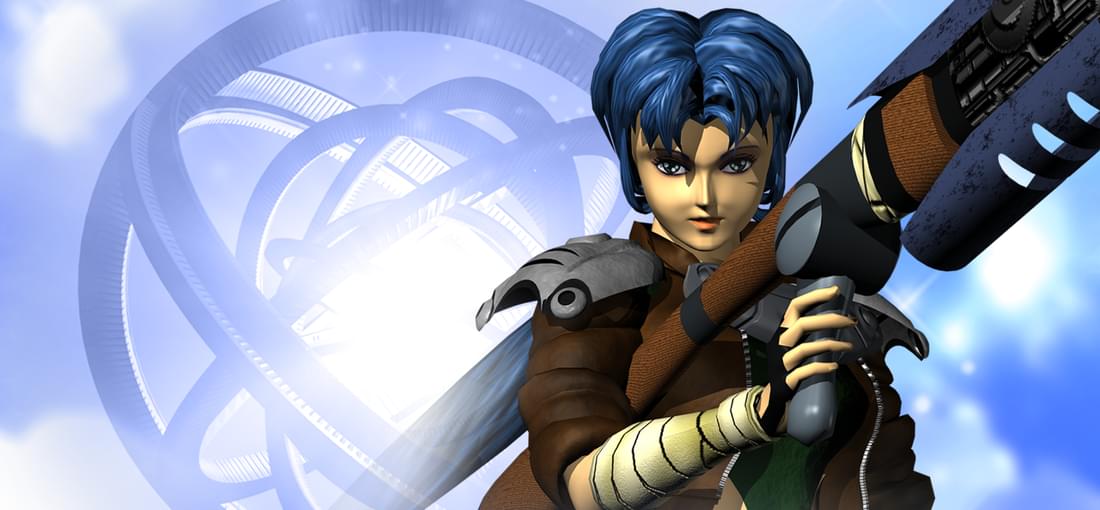
I bought this back at release. You have to remember that at the time, jRPGs in America were still mostly limited to Final Fantasy games and the market was nowhere near as saturated as it is now. Some American developer tried to fill that demand on the PC, a platform totally lacking in those types of games. jRPGs were known for having stories while American RPGs were known for little story but complex mechanics. Now, jRPGs done poorly are BAD. Super bad. The only thing worse than a bad jRPG is a bad jRPG made by American fan boys trying to imitate it but getting nothing right. Totally lacking any charm or story of jRPGs, totally lacking any complexity of American ones. The exploring and combat is reminiscent of the old Super Nintendo game Chrono Trigger...only with all the fun sucked out. Wandering around is tedious since the game manages to be totally linear yet still makes it easy to get lost thanks to atrocious art direction with the backgrounds. It's hard to tell where you need to go. Not helping are the hundreds of scripted battles you cannot avoid. There are frequent, and they are tedious. Your options beyond basic attacks are nearly non-existent. Attacks take forever as your character sloooooowly leaps at the enemy then slooooowly leaps back. You must do this for hours. You must grind. Nothing new or fun. Keep those basic attacks coming and like it. The story takes foreeeever to get going. I think I was about 6 hours in, bored out of my mind until the very first cutscene where something interesting happens comes in, but then it was right back to grinding. After 6 hours of controlling a bland scrap metal collector, her bland punk friend, and her bland robot dog as they meandered around, I had enough and put it away. Keep in mind that I spend 90 hours grinding in Final Fantasy 7 around the same time so I could beat the super secret challenge boss. Even that kind of tedious pain threshold will be broken by Septerra Core.
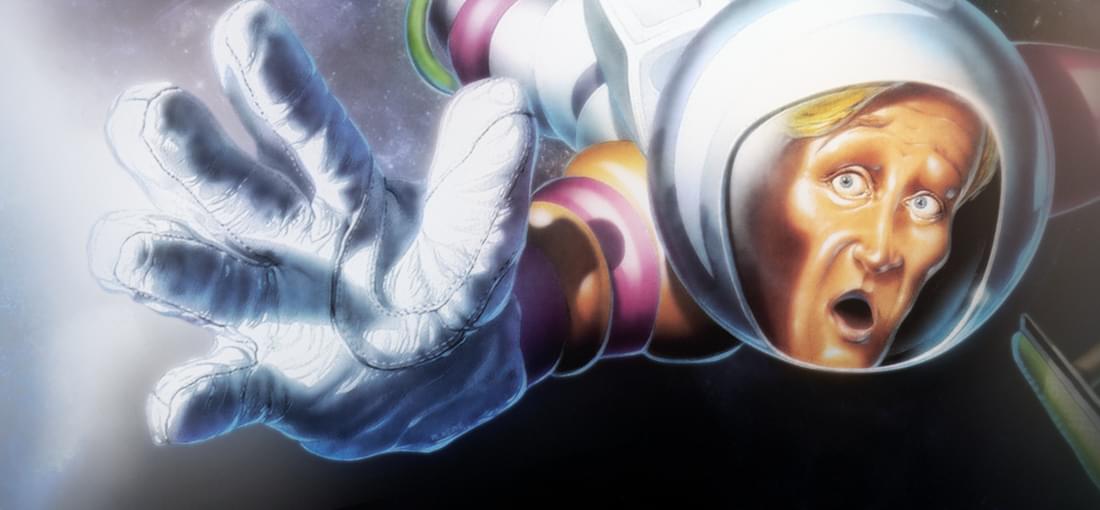
...is that they suffered from reverse Star Trek syndrome: only the odd numbered games were good. 1 was the funniest and wasn't too bad in the puzzle department. 2 has a clunky text parser, some ridiculous puzzles, some ridiculous timing segments, and is very easy to screw up presenting a no win situation later on. 3 Has a decent plot and good puzzles that don't require a walkthrough to beat. 4's plot is all over the place and is THE most ridiculous when it comes to puzzles. EXTREMELY easy to get trapped in unwinnable situations, even from the very first screen in the game! 5 is the all around best. Best plot, best graphics, funny humor, and very reasonable but fun puzzles. 6 is from the dark days when Sierra tried to become a low rent Disney studio with awful cartoony graphics. Turn the narrator voice off because it really ruins the jokes. So basically you're getting one good game with this bundle (SQ 5) and two games you'll probably put down. Up to you if it's worth it. SQ5 is very good though!
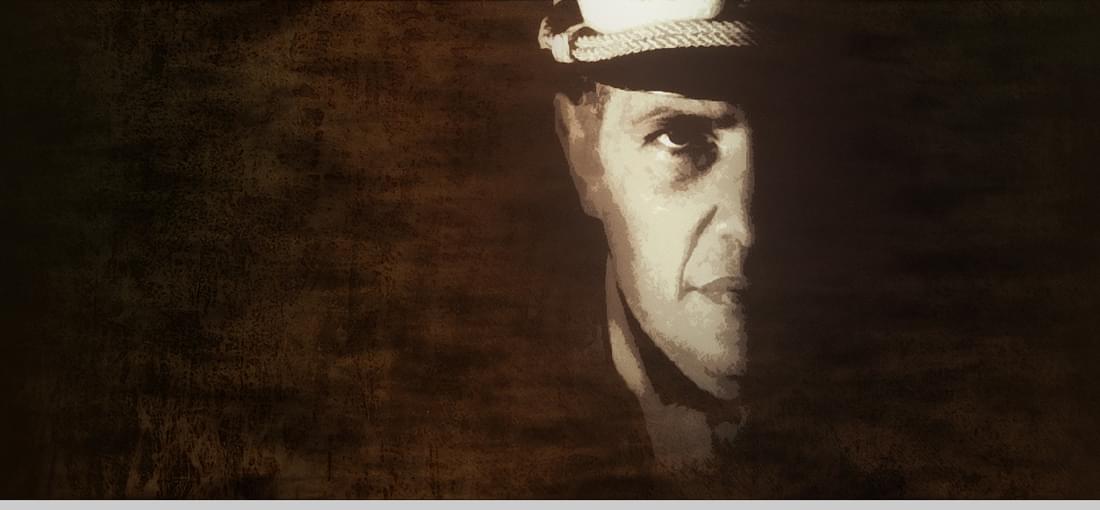
One thing about the Panzer General games, they are VERY easy to get into. Sort of a more detailed version of casual turn based wargames that have come out since such as Advance Wars. It seems very fun and addictive at first... ...until you get past the first couple of easy scenarios. At that point it turns into a BRUTAL puzzle game. Yes, I said puzzle. "Strategy" usually implies an adaptive approach. Panzer General has a practically set in stone exact "correct" order you must do things in every scenario. If you waste even one turn doing something wrong then you've probably lost. Bizarrely, you win not by slaughtering whole divisions of enemies and raking up 100 to 1 kill ratios, but by driving your units into ruin by desperately dashing towards objectives, getting shredded by ambushes, and never stopping for reinforcements or supplies. Every scenario has an arbitrary time limit to it and the time limit is all that matters. Winning a scenario in 20 turns with your army wiped out is considered will be considered a major victory while winning in 30 turns without any casualties will be considered a major defeat. There is almost no wiggle room to this. Perform the less than optimal moves for even one turn and there's a good chance you've lost. It gets extremely frustrating after a while. Then there's the whole long term unit purchasing and experience. Experience is everything and takes forever to accumulate. If you lose even ONE of your precious high experience units, you might as well restart the entire scenario because you'll be slaughtered in the campaign down the road. Compounding this problem is the fact that all enemy units are experienced as your most elite units. This leads to ludicrous situations where American units in 1942 at Kassarine Pass (the first major ground action by the American army against German forces and likely all fresh out of boot camp) are just as experienced as German units that have been around since the 1939 Polish invasion. It's bad history AND frustrating game design. Hard to determine when a scenario or campaign has become impossible to win. You can easily play a 90 minute battle only to discover you screwed things up three turns in. In short: the building blocks for a very fun casual game with historical depth are all here, but the scenario design with its arbitrary time limits is TERRIBLE. The frustrating difficulty is totally at odds with its casual demeanor.